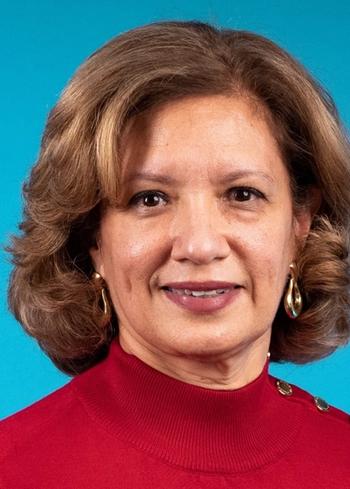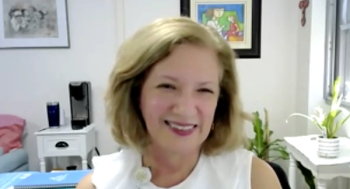
ASCO: Promising Start to Pediatric MATCH Trial
Approximately 25% of patients with tumor samples submitted to the Pediatric MATCH program have been matched to an investigational therapy at an interim analysis reported ahead of the ASCO Annual Meeting.
Approximately 25% of patients with tumor samples submitted to the Pediatric MATCH program have been matched to an investigational therapy at an interim analysis, a much higher number than the 10% anticipated at the launch of the National Cancer Institute-Children’s Oncology Group (NCI-COG) trial in 2017.
Of these patients matched to therapy, 41% have been enrolled in a phase II treatment trial, according to
“This study is allowing us to evaluate targeted therapies in patients with many different cancer types-some common, some rare-so hopefully we can effectively study these agents and identify signals of activity where some of these drugs may work for our patients,” Parsons said.
To date, only a small number of targeted therapies have been approved for the treatment of pediatric cancer. In contrast, there are more than 150 approvals for targeted therapies in adult cancers.
The NCI-COG Pediatric MATCH program was launched to identify specific genetic alterations occurring in patients with cancers that have not responded to standard treatment. Study patients are enrolled on a screening protocol where their tumors are sequenced and any matching alterations are identified based on previous evidence linking the alterations to targeted therapies. If a match is found, the patient is offered enrollment on a corresponding Pediatric MATCH phase II treatment trial.
Included patients range in age from 1 to 21 years and have treatment-refractory or recurrent solid tumors, non-Hodgkin lymphomas, or histiocytic disorders. The trial will enroll 1,000 patients. At the time of the interim analysis, 422 patients have been enrolled; the median age of patients is 13 years.
To date, tumor testing has been completed in 357 patients (92%), with a median turnaround time of 15 days.
Genetic alterations such as mutations, fusions, or gene copy number changes targetable by 1 of the 10 medications included in the trial were found in 29% of patients; 24% of patients were eligible for assignment to a treatment trial.
More than 40% of patients with brain tumors and more than 25% of patients with other cancer types had targetable alterations identified. The most commonly identified alterations were RAS gene mutations, BRAF mutations or fusions, SMARCB1 mutations or deletions, and NF1 mutations.
“The NCI-COG Pediatric MATCH trial has been able to create a nationwide framework for testing of these pediatric cancers,” Parsons said. “There is significant enthusiasm for such a study from both oncologists, as well as patients and their families.”
Commenting on the results, ASCO President
“We are excited to see the downstream effects of what happens when these children and adolescents are matched into various treatment arms,” she said.
Newsletter
Stay up to date on recent advances in the multidisciplinary approach to cancer.




































